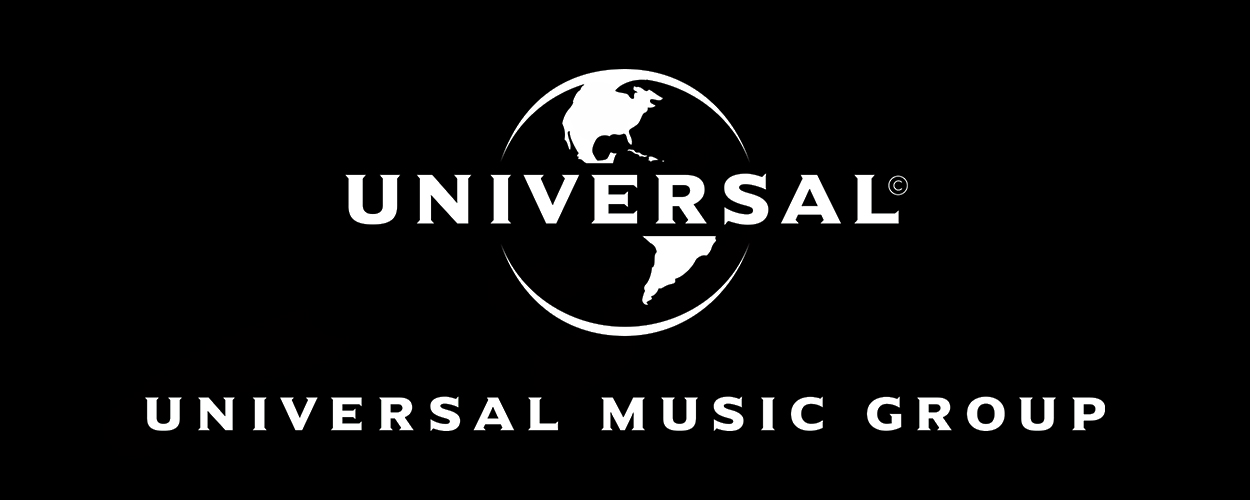This website uses cookies so that we can provide you with the best user experience possible. Cookie information is stored in your browser and performs functions such as recognising you when you return to our website and helping our team to understand which sections of the website you find most interesting and useful.
Business News Labels & Publishers Legal
Universal Music files motion to dismiss potentially explosive termination rights case
By Chris Cooke | Published on Tuesday 7 May 2019

Universal Music last week filed a motion to dismiss a lawsuit that many see as an important test case. If it goes ahead, it could decide whether the termination right in US copyright law allows artists to claim ownership, in America at least, of recordings they made under record deals signed more than 35 years ago.
The American termination right says that ‘authors’ who assign their copyrights to another entity have a one-time opportunity to terminate that assignment and reclaim their rights after 35 years. This particular termination right comes from a piece of 1970s copyright law Stateside, so only really kicked in earlier this decade.
On the songs side of the business, songwriters reclaiming their US rights in this way has become routine. There was some initial debate over a few technicalities, and the Duran Duran case here in the UK testing the termination rights (or not) of British artists is still ongoing. But American writers reclaiming their copyrights after 35 years is not generally controversial any more.
On the recordings side, however, many corporate rights owners have resisted efforts by artists to reclaim assigned rights, putting forward various arguments as to why the termination right should not apply to record contracts. In February, a bunch of artists decided to put those arguments to the test, filing class action lawsuits against both Sony and Universal.
Those lawsuits involve artists who signed to one of the two majors (or, rather, to labels subsequently acquired by Sony or Universal) back in the day and who have been trying to reclaim ownership of recordings released under those deals.
They are seeking court confirmation that the termination notices they have issued – which the labels have so far rejected – are in fact valid. And, with that in mind, they also want the court to rule that Sony and Universal have been infringing their copyrights by continuing to exploit their works despite having received the termination paperwork.
Seeking to have the case against it dismissed, Universal says that there are four key problems with the arguments put forward by the artists behind the litigation. First, because those artists actually signed deals with their record labels via their own corporate entities (what are commonly known as loan-out companies in the US), they are not in a position to now terminate those agreements in a personal capacity.
Secondly, there were problems with the termination notices the artists submitted. Thirdly, if the artists had an issue with what their old deals said about the ownership of their recordings, they should have disputed it at the time of release, because copyright law has a three year statute of limitations. And finally, one of the artists signed his record deal before 1978, when the termination right that is being enforced here first came into being.
The argument usually put forward by those labels which argue that the termination right doesn’t apply to artists is that record contracts are first and foremost work for hire agreements. Which, under US copyright law, means the label – not the artist – is the default owner of any copyrights created under the deal. So there isn’t actually any assignment of copyright from artist to label, and therefore no assignment to terminate.
Universal’s motion to dismiss doesn’t present this among the key four issues presented at the top of the legal filing, though it does start talking about work-for-hire once it begins picking holes into the claims of individual plaintiffs. The original lawsuit filed back in February deals with this issue in quite some detail, insisting that record contracts are not, in fact, work-for-hire agreements, even if they claim to be so in the actual contracts themselves.
It remains to be seen how the court responds to Universal’s filing. Between the original lawsuit and the major’s response, there are plenty of legal technicalities to be explored if this case gets properly to court. Which would probably make for a long drawn out legal battle. Though if the artists were to win, this case could have big ramifications for all heritage acts and all record companies, and especially the catalogue-rich majors. So, however many technicalities maybe raised, however long drawn out the legal battle proves to be, this is definitely one to watch.





